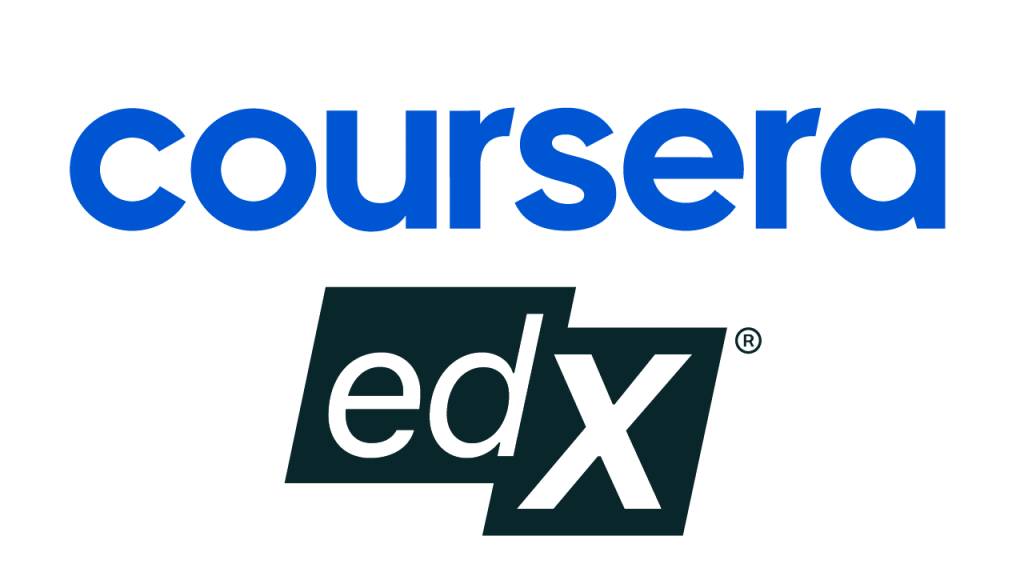
The Best Free Websites for Self-Education
In today’s digital age, we don’t quench our thirst for knowledge only through traditional ways. The internet has opened up many doors for self-education. Now, anyone who wants to learn can find plenty of free resources. This blog explores the best free websites for self-education. It points out the best free learning platforms, useful sites for self-study, and free online courses.
If you want to pick up a new skill, learn more, or just feed your curiosity, there’s a wealth of information for you to explore.
Why Self-Education Matters
Self-education is more than just a trend; it’s a revolution in the way we acquire knowledge.
Empowerment Through Learning
The ability to learn at your own pace, on your own schedule, and from anywhere in the world is a game-changer. This approach builds independence and personal responsibility. It lets learners shape their education based on their needs and interests.
Affordability and Accessibility
Self-education is usually cheaper than traditional schooling. This makes it available to more people. Now, anyone with internet access can start learning for free. This makes education more accessible and removes financial barriers.
Skill Development and Career Growth
The democratisation of education helps people take charge of their learning and careers. It allows them to learn new skills and stay competitive in a changing job market.
Key Benefits of Free Online Learning Platforms

1. Flexibility and Convenience
One of the most significant advantages of online learning platforms is the flexibility they offer.
- Anytime, Anywhere: Learners can access courses and materials 24/7.
- Self-Paced Learning: Study at your own pace, fitting education into your lifestyle.
- On-Demand Learning: Revisit materials whenever you need a refresher.
2. Diverse Range of Subjects
You can find a wide variety of subjects online, from computer science to creative writing.
- Skill Enhancement: Learn technical skills like coding, marketing, or data analysis.
- Personal Interests: Explore hobbies such as photography, cooking, or history.
3. Interactive and Engaging Content
Many online platforms use interactive tools and multimedia to improve learning.
- Video Lectures: Visual learning aids comprehension.
- Quizzes and Assignments: Test your knowledge.
- Discussion Forums: Engage with fellow learners.
4. Access to World-Class Educators
Online platforms allow learners to study with experts and teachers from top schools worldwide.
- University-Level Courses: Ivy League and global universities offer free courses.
- Industry Experts: Learn from professionals with real-world experience.
Top Free Learning Platforms

1. Coursera
Coursera teams up with universities and organisations globally to give free courses on a wide range of subjects.
- Variety of Subjects: Computer science, business, humanities, and more.
- Flexible Learning: Enrol for free; pay only for certification (optional).
- Prestigious Instructors: Courses from Stanford, Yale, and Google.
2. edX
edX was founded by Harvard University and MIT. It offers free courses from top universities around the world.
- High-Quality Content: University-level courses with in-depth materials.
- Certificate Options: Learn for free; pay for certification.
- Subjects: Data science, programming, engineering, and more.
3. Khan Academy
Khan Academy is a non-profit that offers free learning resources for everyone.
- Core Subjects: Math, science, economics, and humanities.
- Interactive Exercises: Practice problems and quizzes.
- Video Tutorials: Engaging instructional videos.
4. Duolingo
For language learners, Duolingo is a top choice.
- Free Language Courses: Learn over 40 languages.
- Gamified Lessons: Interactive and fun learning experience.
- Personalised Learning: Adaptive learning technology adjusts to your skill level.
5. FutureLearn
FutureLearn offers free online courses from universities and cultural institutions worldwide.
- Wide Range of Topics: Health, history, business, and more.
- Social Learning: Engage with fellow learners.
- Free Access: Learn for free; pay for certification.
Step-by-Step Guide to Self-Study
Step 1: Define Your Learning Goals
Before diving into online courses, define your learning objectives:
- Skill Acquisition: Are you aiming to gain a practical skill?
- Career Advancement: Do you want to improve job prospects?
- Personal Growth: Are you exploring a passion or hobby?
Step 2: Choose the Right Platform
Select platforms that align with your goals and interests:
- Technical Skills: Coursera, edX, or Udemy.
- Creative and Artistic Skills: Skillshare or Khan Academy.
- Language Learning: Duolingo or Memrise.
Step 3: Create a Learning Schedule
Consistency is key to effective self-study:
- Set Study Hours: Allocate dedicated time for learning.
- Use Time Management Tools: Apps like Trello and Todoist can help you organise your study plan.
- Track Progress: Monitor your achievements and adjust as needed.
Step 4: Engage with the Material
Active engagement boosts retention and comprehension:
- Take Notes: Jot down key concepts.
- Participate in Discussions: Join course forums to exchange ideas.
- Practice and Apply: Reinforce learning through real-world application.
Step 5: Reflect and Assess Your Progress
Regular reflection ensures effective self-education:
- Review Your Notes: Summarise and revise key concepts.
- Test Your Knowledge: Use quizzes or self-assessments.
- Set New Goals: Identify areas for further exploration.
Additional Expert Tips & Common Mistakes to Avoid
Best Practices for Effective Self-Study
- Stay Organised: Keep track of courses, notes, and deadlines.
- Use Supplementary Resources: Leverage YouTube tutorials, e-books, and webinars.
- Join Online Communities: Network with fellow learners.
Common Mistakes to Avoid
- Procrastination: Set specific deadlines to avoid postponing your studies.
- Overloading Yourself: Avoid enrolling in too many courses simultaneously.
- Ignoring Feedback: Use feedback from instructors and peers to improve.
Advanced Insights & Expert Recommendations

Explore Advanced Specialisations
Once you’ve mastered the basics, consider exploring advanced courses or specialisations:
- Coursera and edX: Offer professional certificates and micro-credentials.
- Skillshare: Provides creative and artistic skill development.
- LinkedIn Learning: Offers in-depth courses with certification.
Leverage Supplementary Learning Resources
- Podcasts and Audiobooks: Learn on the go.
- Webinars and Workshops: Participate in live learning events.
- Open Access Journals: Use platforms like DOAJ for free academic papers.
Embrace the Power of Self-Education
The world of self-education offers endless opportunities for growth and discovery. By leveraging the best free websites for self-education, you can unlock a wealth of knowledge and skills, paving the way for personal and professional development.
Harness self-study, define your learning goals, and start your journey of lifelong learning.
What will you learn today? The choice is yours. Jump into online learning and discover the endless possibilities ahead!